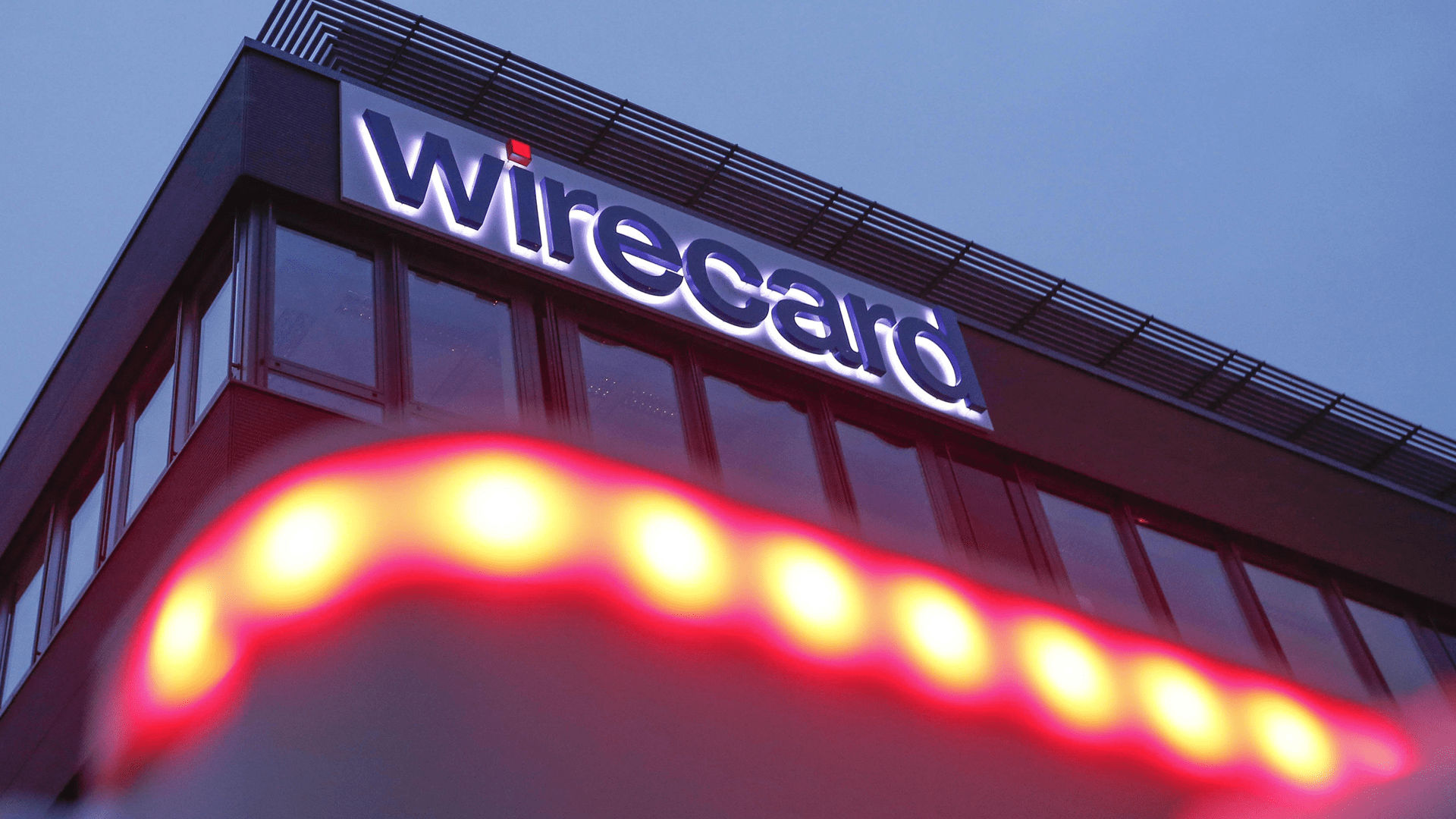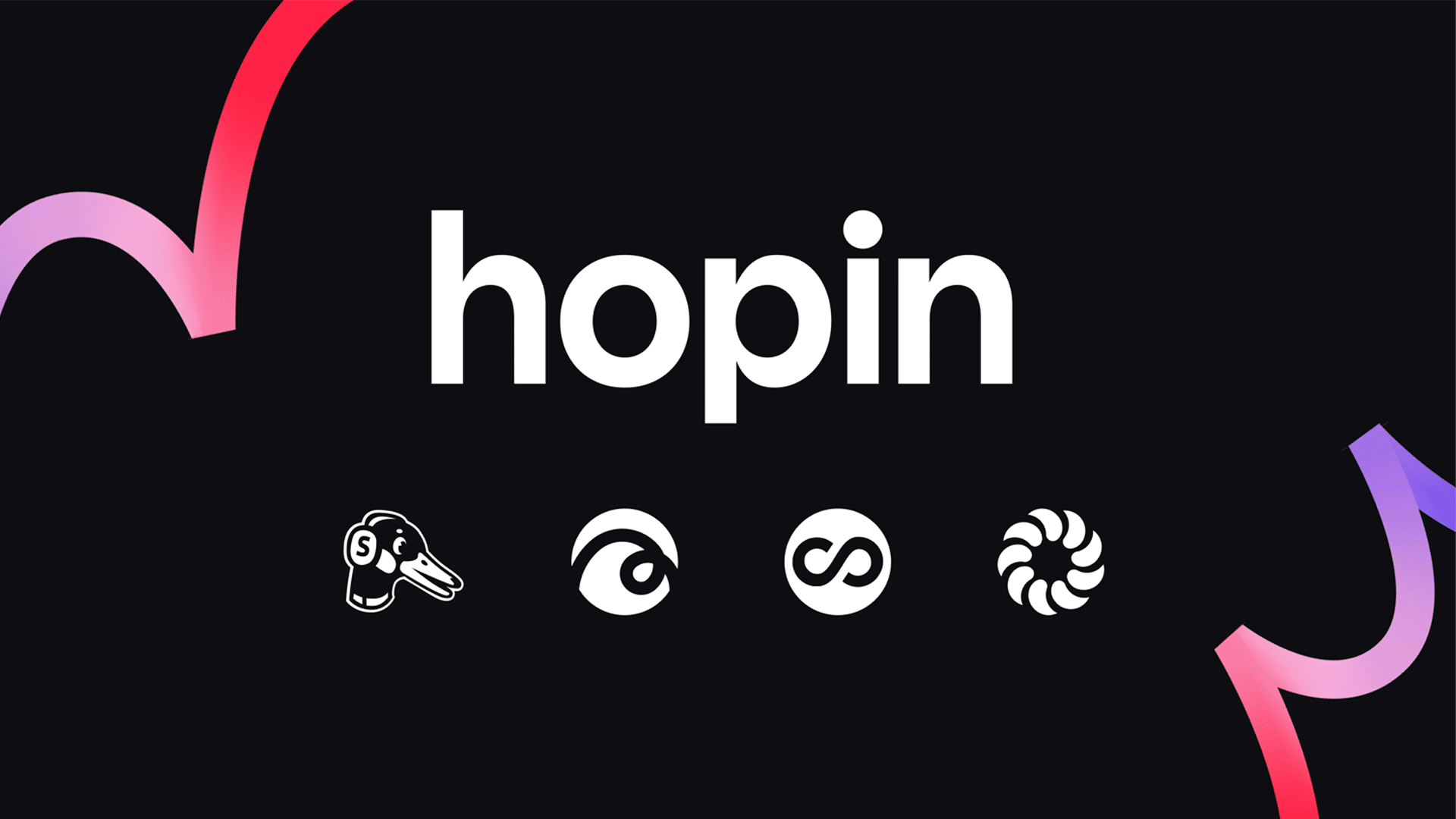As Halloween descends upon us, ghost stories and spine-chilling tales take centre stage. But beyond haunted houses and creepy apparitions, the world of startups has its own terrifying tales, and we’re not just talking about when the coffee machine breaks. Startups, in their essence, encapsulate the highest of highs and, sometimes, the most unnerving of lows.
By their very nature, startups operate in an environment of uncertainty and often lack a proven track record. The vast majority fail within the first few years, meaning potential investors could lose their entire investment. While the allure of high returns is tempting, the odds are heavily stacked against success. However, when startups do succeed, their achievements are often remarkable.
Being at the pinnacle of success doesn’t provide an immunity shield against potential pitfalls. Even the brightest stars in the startup world can suddenly fade into oblivion. In light of this, we have decided to write an article shedding light on the rise and fall of six notable European startups that either lost or nearly lost, everything…
Wirecard – Germany
In the bustling city of Munich, 1999 marked the inception of Wirecard, a promising financial tech venture. Led by Markus Braun since 2002, the company grew rapidly. In 2005, they were listed on the Deutsche Boerse Frankfurt and expanded quickly both nationally and internationally. By 2018, their inclusion in the DAX blue-chip market index solidified their position amongst Germany’s elite, marking them as one of the 30 most valuable companies on the Frankfurt Stock Exchange.
However, rumours of fraudulent activities began to cast a shadow on Wirecard’s achievements. In 2016, a report by Zatarra Research dropped the first bombshell, alleging money laundering and deceit involving industry giants like Mastercard and Visa. The accusations grew louder and more damaging. By 2019, a groundbreaking investigation by the Financial Times raised alarming concerns over Wirecard’s accounting practices, leading the company to initiate a desperate scramble for damage control, evident in their hiring of KPMG for an independent audit.
The situation reached a critical point in 2020. EY declined to approve Wirecard’s financial statements due to an untraceable €1.9 billion, which was the beginning of the end. What followed was a cascade of calamities – from the CEO’s resignation and subsequent arrest to the shocking admission that the €1.9 billion probably never existed. The once-respected fintech leader filed for insolvency, leaving a trail marked by controversy and scepticism.
Bulb Energy – United Kingdom
Bulb Energy, established in 2015 by Amit Gudka and Hayden Wood, emerged as a prominent player in the UK’s energy sector with its focus on renewable energy and transparent tariffs. In just six years, Bulb Energy had 6% of the UK market, becoming the fastest-growing company in Europe. Their innovative initiatives, such as the government’s kickstart scheme for unemployed young people and the Tech Zero climate taskforce, attracted attention from both investors and policymakers. With the backing of significant investors, the company ambitiously set its sights on global expansion, aiming for a customer base of over 100 million ‘members’ by the end of the 2020s.
Despite the accolades and growth, Bulb Energy faced considerable financial challenges. While it had excelled in marketing and attracted vast numbers of customers, underlying concerns about its financial sustainability began to emerge. Issues ranging from rising customer complaints to allegations about its work culture became prevalent. By 2021, co-founder Amit Gudka left the company, and financial difficulties became more apparent, especially with the constraints on energy pricing in the wake of rising gas costs. This combination of factors led to Bulb’s bankruptcy in November 2021.
The subsequent nationalisation of the company aimed to protect its large customer base. Later, it was sold to Octopus Energy. Major energy firms, including British Gas, E.ON, and ScottishPower, voiced concerns about this transaction, citing “a lack of transparency and potential hidden costs borne by taxpayers”, highlighting a significant downturn for what was once Europe’s fastest-growing company.
The subsequent nationalisation of the company aimed to protect its large customer base. Later, it was sold to Octopus Energy. Major energy firms, including British Gas, E.ON, and ScottishPower, voiced concerns about this transaction, citing “a lack of transparency and potential hidden costs borne by taxpayers“, highlighting a significant downturn for what was once Europe’s fastest-growing company.
Gorillas – Germany
Founded in 2020, Gorillas, the German on-demand grocery delivery provider, quickly became the poster child of Europe’s delivery landscape. It achieved unicorn status faster than any other startup, largely due to the surge in demand during the pandemic. Leveraging the innovative “dark store” model, Gorillas strategically placed delivery hubs in city centres across major European cities. However, their pioneering and aggressive strategy wasn’t without challenges. By May of the subsequent year, the firm announced job cuts of approximately 300 as it transitioned from its “hypergrowth” phase to a more sustainable “path of profitability.”
Challenges emerged not only from external market pressures, such as the debate over the feasibility of delivering groceries within 10 to 15 minutes but also from internal operational issues. Their expansive workforce, once viewed as a strength, soon became a point of contention, leading to resource strain and managerial challenges. This rapid scaling, paired with operational complexities, saw its valuation decline from a peak of $3.1 billion during a 2021 Series C funding round to the acquisition price offered by Getir.
In a significant deal in 2022, despite being previously valued at $3.1 billion in 2021, Gorillas was acquired by its Turkish competitor, Getir, for $1.2 billion. This acquisition aimed to consolidate the ultrafast grocery delivery space. While it showcased the volatile nature of the quick delivery market, it also signalled potential job cuts due to overlapping operations in cities like London, Paris, Amsterdam, and Berlin. Despite its initial success and accolades, Gorillas’ journey stands as a compelling testament to the complexities of scaling in an intensely competitive and continuously evolving market landscape.
Babylon – United Kingdom
One of the most notable recent casualties in the startup world is Babylon Health, a British digital health startup. Founded in 2013, it set out with the ambitious goal of revolutionising the telehealth sector, carrying the self-described mission “to make high-quality healthcare accessible and affordable for everyone on Earth.” Celebrated for its innovative blend of AI-powered diagnoses and video appointments, its valuation soared, peaking in June 2021 when it went public at an astounding €4 billion. Among its achievements were significant contracts with the U.K.’s National Health Service and a widely acclaimed healthcare app that offered a range of services, including its standout value-based care platform, Babylon 360.
The momentum seemed unstoppable for Babylon as it made waves in the U.S. market, eyeing expansion and even hinting at a powerful strategic move with a $4 billion+ SPAC plan in 2021. The company’s proactive approach and the global demand for remote health services, especially during the COVID-19 pandemic, positioned it favourably. However, cracks began to appear when concerns over patient safety, corporate governance, and growing financial losses became evident. By 2022, the company reported a net loss of $221 million on $1 billion in revenue, and despite ambitious moves like attempting to finalize a deal with digital Neurotherapy company MindMaze, the company found itself in a tumultuous position.
Babylon’s momentum seemed unstoppable as it made inroads into the U.S. market, with plans for further expansion and even teasing a potent strategic shift with a €3.8 billion+ SPAC plan in 2021. Its proactive stance, combined with the global demand for remote health services—amplified during the COVID-19 pandemic—set it on a favourable trajectory. However, cracks began to appear as concerns about patient safety, corporate governance, and escalating financial losses emerged. By 2022, the company declared a net loss of €209.95 million on €950 million in revenue. Despite ambitious moves like attempting to finalize a deal with digital Neurotherapy company MindMaze, the company found itself in a tumultuous position.
By 2023, Babylon Health’s fall was both swift and dramatic. By 2023, facing massive debt and dwindling cash reserves, the company that was once a beacon of digital health innovation filed for bankruptcy. The blow was underscored by the sale of its U.K. telemedicine service, once the heart of its operations, for a mere €713K to U.S. digital health business eMed. Babylon’s precipitous fall from a heralded unicorn to a stark warning sign underscores the unpredictable and often treacherous terrain of the startup world.
Agricool – France
Paris-based Agricool began its journey as a beacon of innovative vertical farming, capturing the attention of the media, business sectors, and governmental entities alike. Embodying the essence of France’s burgeoning startup spirit, the company was founded on the back of an engaging narrative coupled with cutting-edge “agricoolture.” Leveraging repurposed shipping containers, termed “cooltainers,” and operated by enthusiastic “cooltivators,” Agricool charted a unique trajectory. Their goal was grand yet simple: to transform traditional agricultural practices and offer sustainable alternatives for future generations.
Since its establishment in 2015, Agricool demonstrated unprecedented transparency in the typically reserved French business arena, with its founders chronicling their journey on the Medium platform. This unique approach, combined with their innovative methods, won them significant investments, including a notable €30 million backing from the French food titan, Danone, in 2020. Their strawberries, grown under meticulously controlled conditions, became a sensation, even receiving a spotlight on France 2, where they were commended with the endearing term “pas mal.” It wasn’t only the media that was smitten; Agricool seemed to be on a definitive path to reshape vertical farming on a global scale.
However, the gleaming promise of Agricool soon began to fade. Underlying structural vulnerabilities in their business model became evident, with the company unable to generate sufficient turnover to offset their high startup costs, particularly those associated with research and development. Saddled with looming short-term debt of around €6.3 million and unfulfilled fundraising plans, Agricool’s challenges multiplied. Failed international ventures, such as the one in Dubai, cyberattacks in 2020, and the debilitating impact of the Covid-19 pandemic exacerbated their plight. The final blow, analogous to the downfall of Bulb Energy, came with surging energy costs. As electricity prices rocketed, constituting approximately a quarter of the industry’s expenditures, Agricool, once valued at over $100 million, found itself filing for bankruptcy. Six months later, it was sold for a mere €50k to Vif Systems.
Hopin – United Kingdom
Founded in London in 2019, Hopin emerged as a digital platform dedicated to event management. The company’s primary aim was to streamline and revolutionize the way virtual events, from webinars to large-scale conferences, were conducted, offering a seamless experience for organizers and attendees alike.
In a short span, Hopin’s innovative approach and timely presence during the digital boom led to its rapid ascent in the business world. By August 2021, after a successful Series D funding round where it raised €380 million, the company achieved unicorn status with a valuation soaring to $7.75 billion. The robust financial position and the increasing global reliance on virtual platforms further solidified Hopin’s dominance in the event management sector.
However, as with many enterprises experiencing swift growth, challenges surfaced. By November of the same year, the firm had to announce its third series of layoffs, affecting 17% of its workforce. In August 2023, Hopin revealed that it had sold its Events and Session business units to RingCentral for an undisclosed amount. ‘Events’ was Hopin’s event management platform for planning and producing virtual and hybrid events, and arguably the core of the whole business. Hopin stated that it became a strategic partner of RingCentral through this deal but will also continue to operate as a standalone business with its remaining products. Badri Rajasekar, who had been CTO and CPO, has taken on the role of CEO, succeeding the founder and former CEO, Johnny Boufarhat.
By the way: If you’re a corporate or investor looking for exciting startups in a specific market for a potential investment or acquisition, check out our Startup Sourcing Service!
Read the orginal article: https://www.eu-startups.com/2023/10/when-coffee-runs-dry-funds-disappear-6-european-startup-horror-stories/








